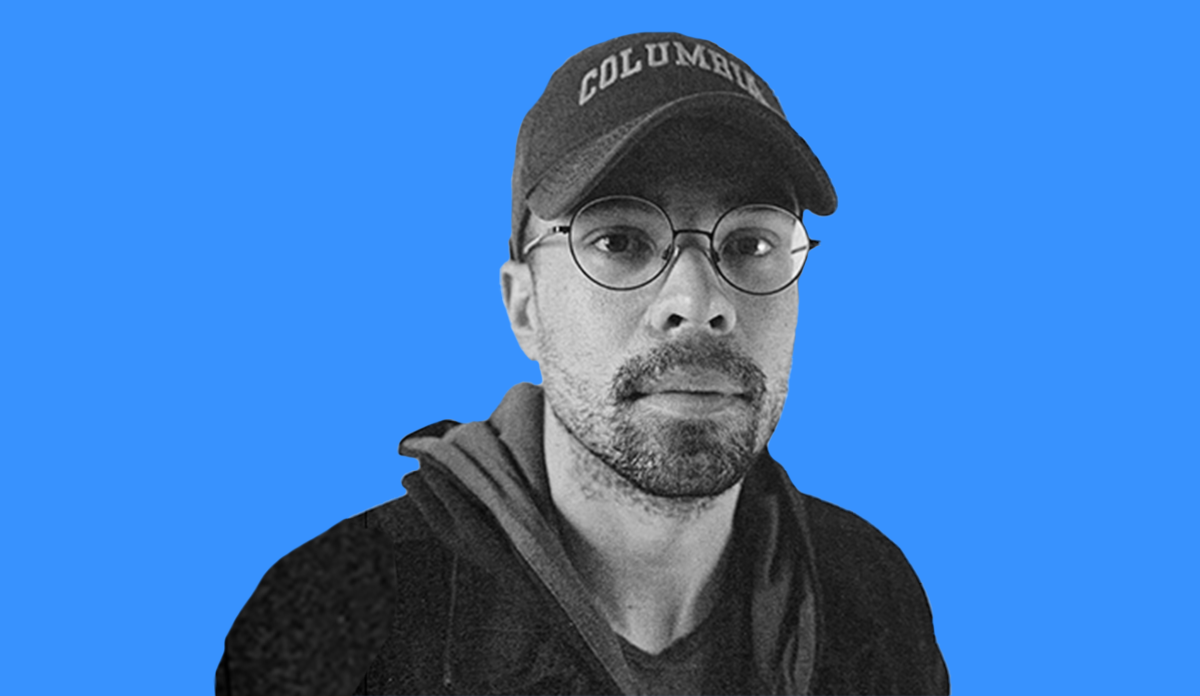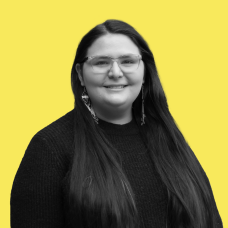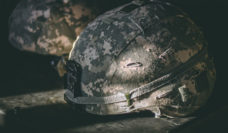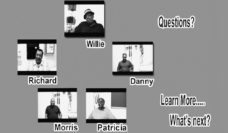Public Health Post: What is the mission of the Black Veterans Project (BVP), and what are you currently working on?
Richard Brookshire: The mission of the project is to advance research, advocacy, and storytelling around historical and present-day racial inequities faced by Black veterans and to build a framework for repair. For instance, we’ve partnered with Yale Law School to put together a Freedom of Information Act (FOIA) request to examine racial inequities in disability compensations for veterans over the last two decades. That request was officially filed in 2021, revealing disparities specific to Black veterans, including a glaring near 30% disparity in post-traumatic stress disorder (PTSD) compensation. We have tied that information to a broader historical narrative around inequities. Over the last 75 years, Black vets have been obstructed from gaining equal access to several benefits, missing out on billions of dollars in economic aid that should have been given to them had there been equity in the system.
We’ve also been the primary organization pushing for the passage of a repair legislation called the GI Bill Restoration Act. This bill seeks to give descendants of Black World War II veterans access to VA home loans and education benefits.
Can you share about your background? What inspired you to start the advocacy work that eventually led to the Black Veterans Project?
I come from a military family. Both of my parents served, and I always had this spirit of service. I served for seven years as an infantry combat medic. After I joined, I found myself in a very homogenous, White environment on a former Nazi base in Germany, preparing to go to Afghanistan. As a Black gay man, it was a very interesting and traumatic experience in its own way. I served at the same time that “Don’t Ask, Don’t Tell” was making its way through being dismantled, and after having to suppress my sexuality for so long, it took a lot of work to have a healthy relationship with myself again.
While stationed in Afghanistan, I began reading The New Jim Crow, which sparked my imagination about wanting to return and do policy-oriented work in the States. When I returned from Afghanistan, I went to Fordham for undergrad and Columbia for my master’s degree.
Two months after I got back to the States, Trayvon Martin was killed, which gave rise to the Black Lives Matter movement. Like so many others, that was a transformative time for me, as well as a very disorienting time. All of this was happening around me while I was dealing with my transition back into civilian life, and I ended up attempting to take my own life. Surviving that attempt was a turning point, and I felt very spiritually called to work for Black veterans, to build community and an understanding of the legacy of struggle through generations of Black veterans.
Can you talk more about the storytelling component of BVP, specifically?
Our storytelling efforts to date have really been around narrative-building on a national level, mainly in the press. Most of the storytelling we’ve done is engaging with reporters, and ensuring that they are writing stories to bring visibility to our work. Now, when you google “Black veterans,” you see our work coming up, our website, and the stories of Black vets and benefit disparities.
There is a lack of attention to Black veterans within prominent veterans’ advocacy organizations. During my first year with the project, I led communications with Iraq and Afghanistan Veterans of America. In that role, I saw that race is a blind spot for all of these big tent advocacy organizations, and in my opinion, they completely neglected their responsibility to address issues affecting Black veterans. Racial justice organizations also often neglect conversations about race in the military and rarely focus on Black veterans and their struggles.
We want to continue to collect stories and create our own campaigns and educational toolkits. We also want to provide a central hub for folks to engage with one another, similar to what the Innocence Project has done for wrongful convictions. What I’ve learned throughout this work, is that it’s hard and there is no rule book. I’ve had to figure it out as I go. I’ve realized how important it is to have the right community of people around to support me and the work. I’ve been focused on building what I don’t see by creating community, fostering collaboration, and continuing to be authentically myself, and letting that guide the way.
What can the VA do to better support and protect Black veterans?
The VA has known that racial disparities have existed, and yet they haven’t shared data that shows the extent of the issue. Transparency is the starting point for repair while also keeping in mind that repair is a different goal than fostering racial equity. Fostering racial equity is about wanting to make sure there is more equity in the system moving forward, but that does not repair the harm done over decades for Black vets who did not gain equal access to the benefits. There must be an honest conversation about how we reckon with that. The VA must also be more invested in providing culturally competent care and involvement by implementing targeted outreach to Black vets to regain their trust and invest resources into these community-based organizations.
Ultimately, there is not one set of actions to be done, and there is so much that needs to be considered when addressing how Black veterans are treated. BVP is about connecting the history, making it salient, and keeping the attention on Black veterans. There are a lot of advocates who have positioned themselves to do amazing work for this population. So, the next step is to figure out how the VA can be a vessel to organize these folks in a better fashion.
Richard Brookshire will speak more about his work with the Black Veterans Project and how we can keep veterans health at the forefront of the public health agenda at an event hosted by Boston University School of Public Health on November 8. Register for the event here.
This interview has been edited for length and clarity. Photo provided.














